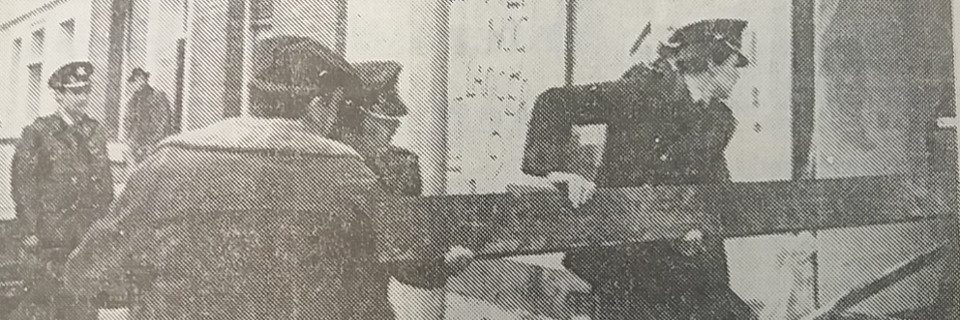Sisterhood and Squatting in the 1970s: Feminism, Housing and Urban Change in Hackney
History Workshop Journal, Volume 83, Issue 1, Spring 2017, Pages 79–97,
https://doi.org/10.1093/hwj/dbx024
Christine Wall
Published: 07 June 2017
WHOLE THING AVAILABLE FREE ONLINE
Abstract
By the mid 1970s an estimated 20–30,000 people throughout Greater London had reclaimed, repaired and squatted thousands of empty dwellings earmarked for demolition. This historic spatial configuration of the city allowed the radical social and political movements of the 1970s to flourish, as groups of like-minded people began to live and work in close proximity. For women, it enabled experiments in collective living and shared childcare and for some feminists, active in the Women’s Liberation Movement, it provided the framework for an extensive network of women-only housing, together with social and political spaces. Squats provided the spatial infrastructure for feminist activism in 1970s London, found in women’s centres, refuges, nurseries, bookshops, art centres and workshops. This paper examines the origins of a community of women, many of them lesbians, who moved in and squatted houses in a number of streets in a Hackney neighbourhood. Through oral testimony it uncovers the historical importance of this community, which provided an opportunity for women to live autonomously, connected to wider feminist politics in London, and enabled women to take control over their immediate built environment.
